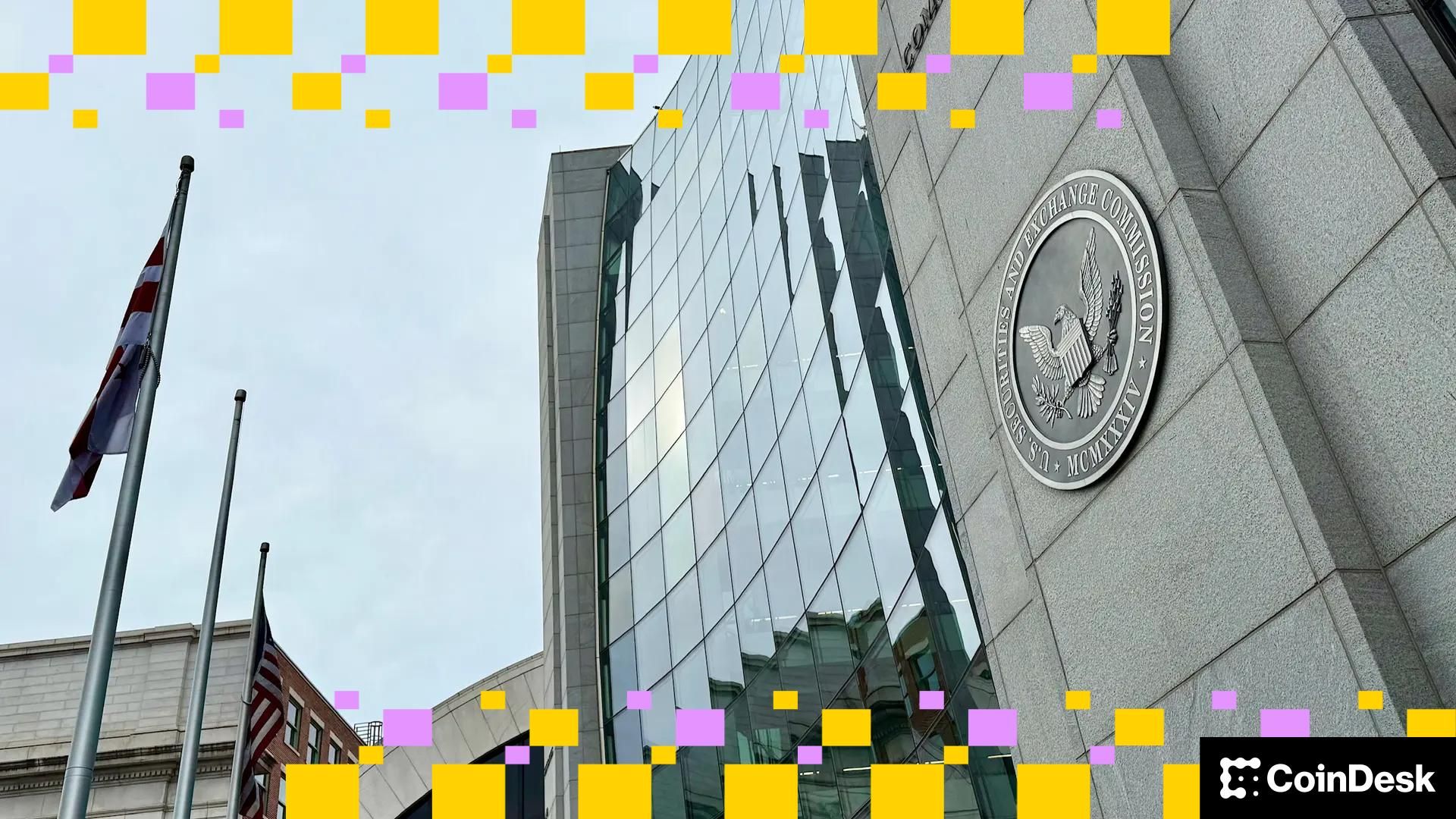“The proposed rule change relies on Nasdaq’s vague understanding of how the Depository Trust Company (DTC) would handle post-trade settlement for these tokens.”, — write: www.coindesk.com
In a letter submitted Wednesday, the tokenization firm raised concerns over what it sees as a lack of transparency and a potential threat to fair market access.
The issue centers on Nasdaq’s plan to amend its rules to support tokenized asset trading. While Nasdaq says it expects the Depository Trust Company (DTC), the central clearinghouse for US securities, to handle post-trade settlement for these tokens, details of how that would work remain vague.
It relies on Nasdaq’s “preliminary sense” of the process that it understands the Depository Trust Company (DTC) to be contemplating for settling securities in token form, no direct evidence of which is on the record,” Ondo wrote. “This deprives the Commission of information needed to determine whether the proposed rule change is consistent with the requirements of the Securities Exchange Act of 1934 (Exchange Act).”
Ondo, which offers tokenized products like short-term US Treasuries and exposure to US stocks via blockchain-based tokens, argued that unequal access to information favors large incumbents.
Smaller or newer firms are left without the data they need to plan or respond to market changes.
Ondo says it could support Nasdaq’s plan if DTC makes its process public. Until then, it’s asking the SEC to open a formal review that could lead to disapproval.
 Stablecoin payment volumes have grown to $19.4B year-to-date in 2025. OwlTing aims to capture this market by developing payment infrastructure that processes transactions in seconds for fractions of a cent.
Stablecoin payment volumes have grown to $19.4B year-to-date in 2025. OwlTing aims to capture this market by developing payment infrastructure that processes transactions in seconds for fractions of a cent.
View Full Report
 In an X post, Ripple’s Stuart Alderoty said two recent New York Times pieces wrongly cast crypto as only a tool for crime and corruption.
In an X post, Ripple’s Stuart Alderoty said two recent New York Times pieces wrongly cast crypto as only a tool for crime and corruption.
- Stuart Alderoty said some mainstream pieces celebrate a “crypto is a tool of crime and corruption” narrative, which he called “lazy and inaccurate.”
- He argued that public blockchains are transparent and traceable, and that everyday Americans use crypto for payments, proof of ownership, and on-chain commerce.
- As National Cryptocurrency Association president, he has been urging clearer guardrails and public education in recent writing.
Read full story
